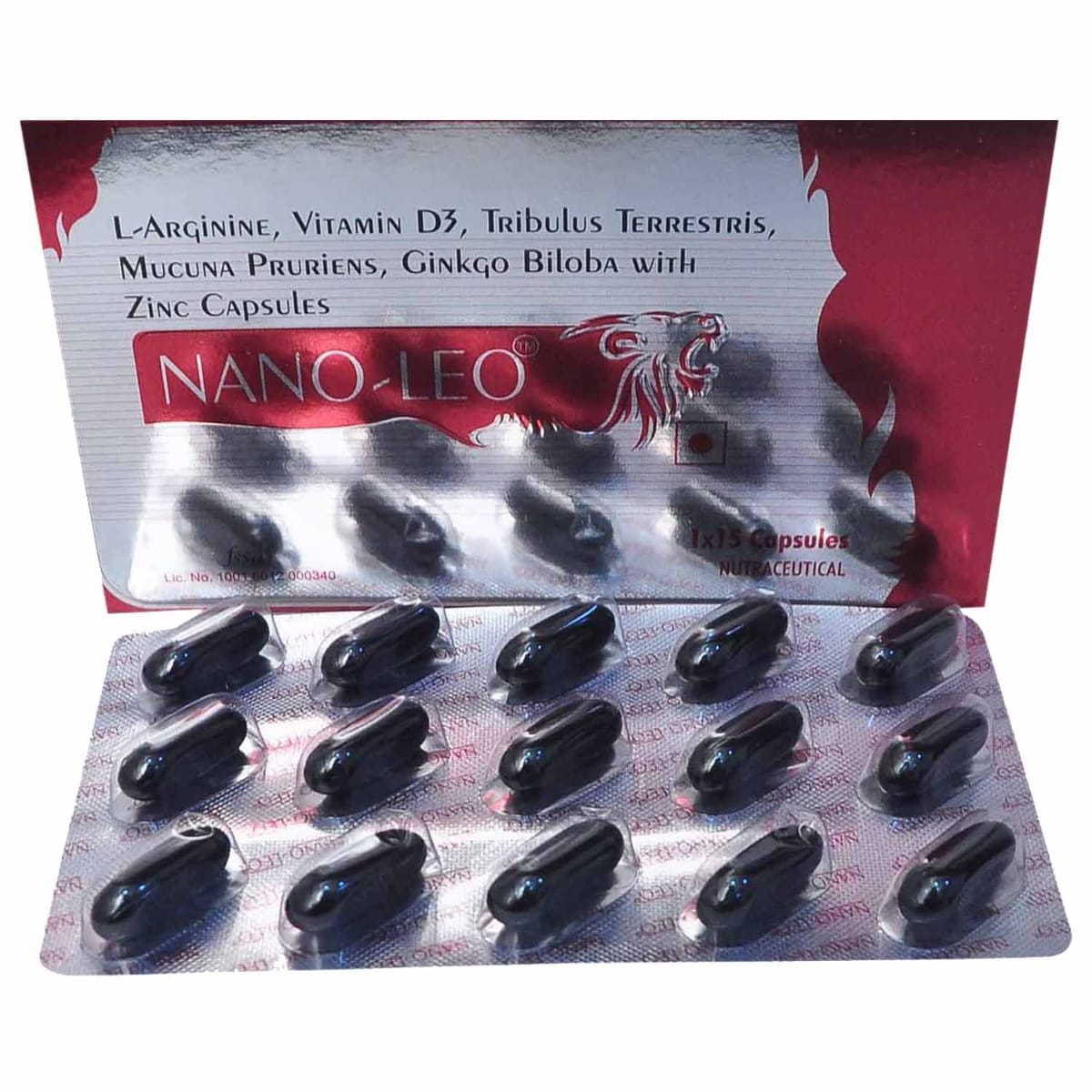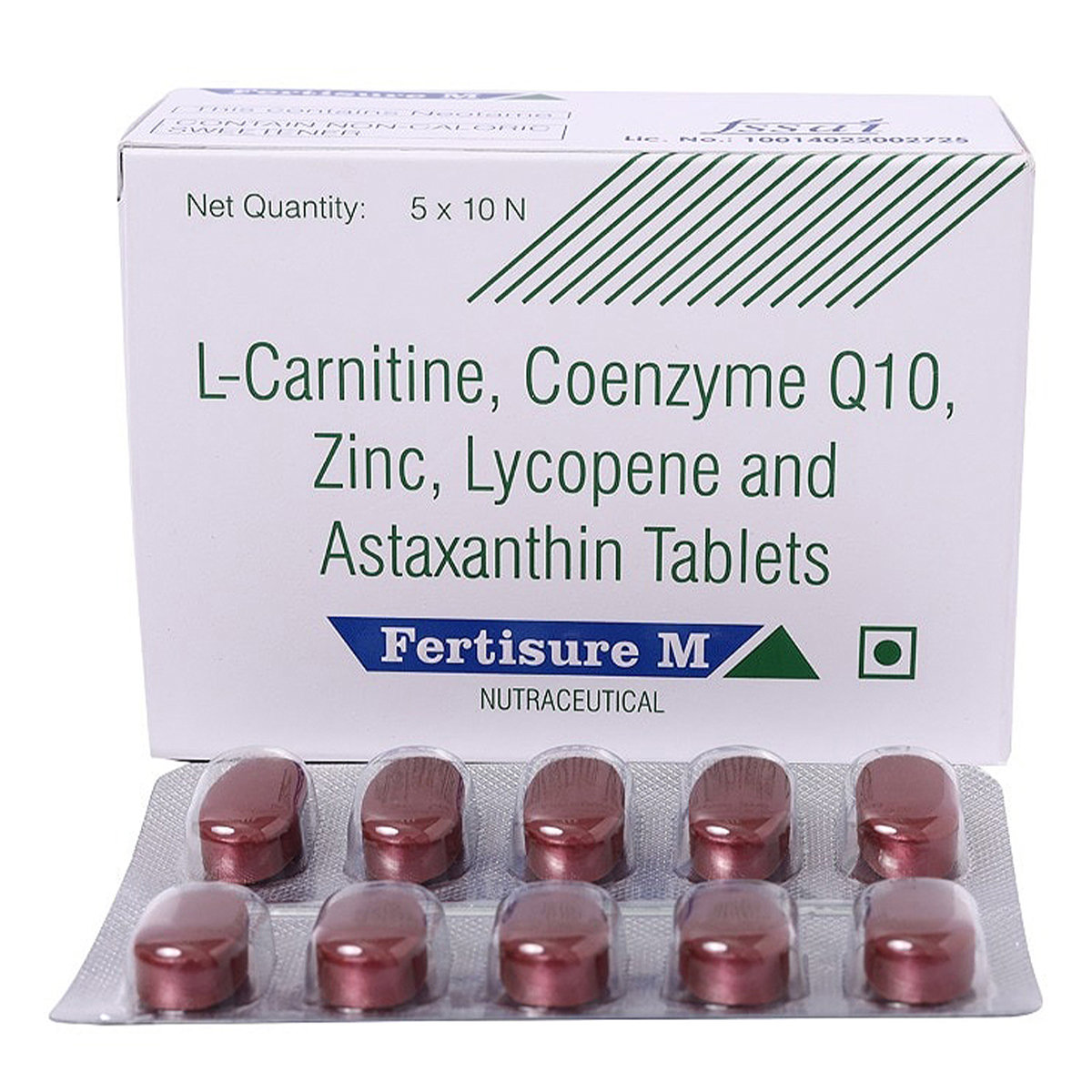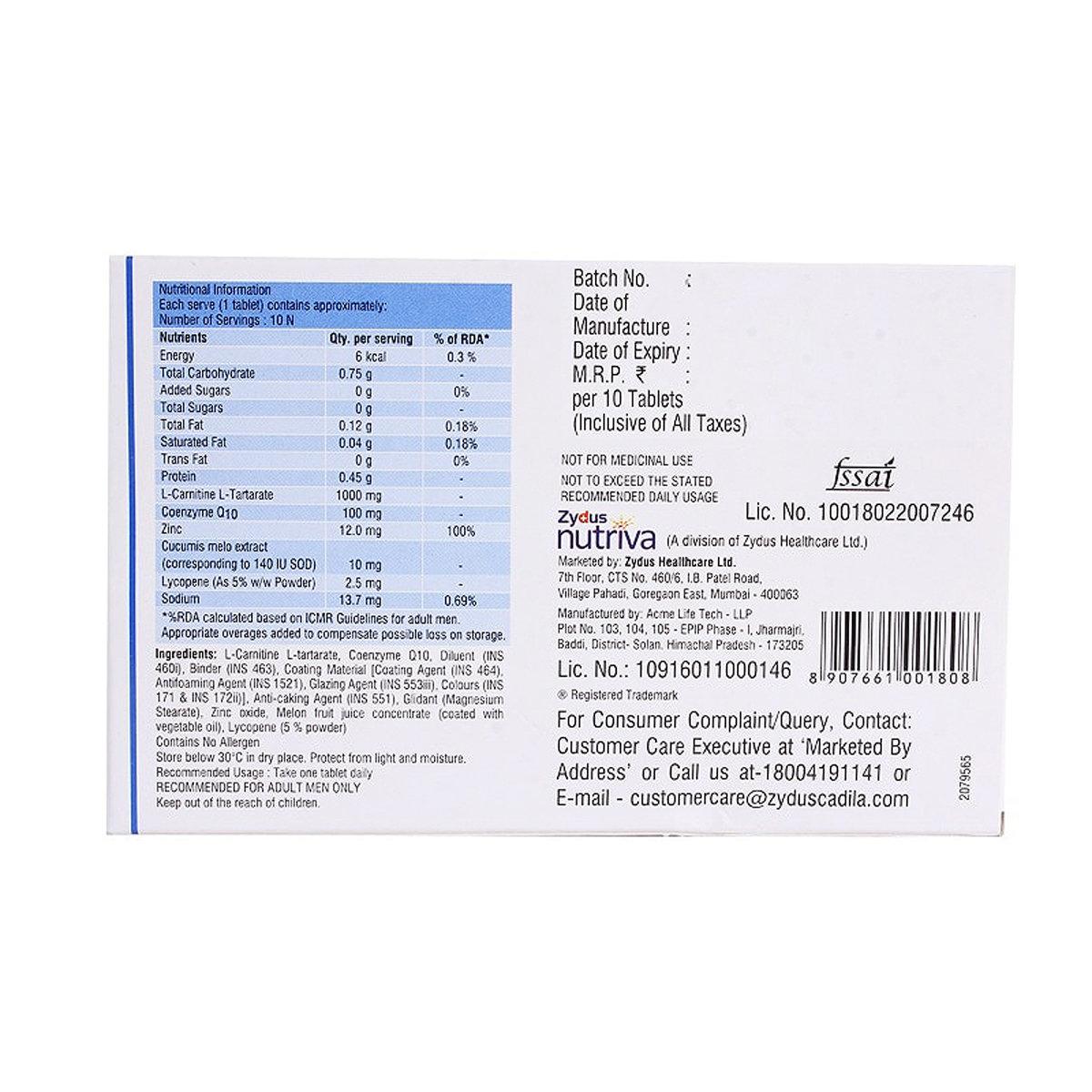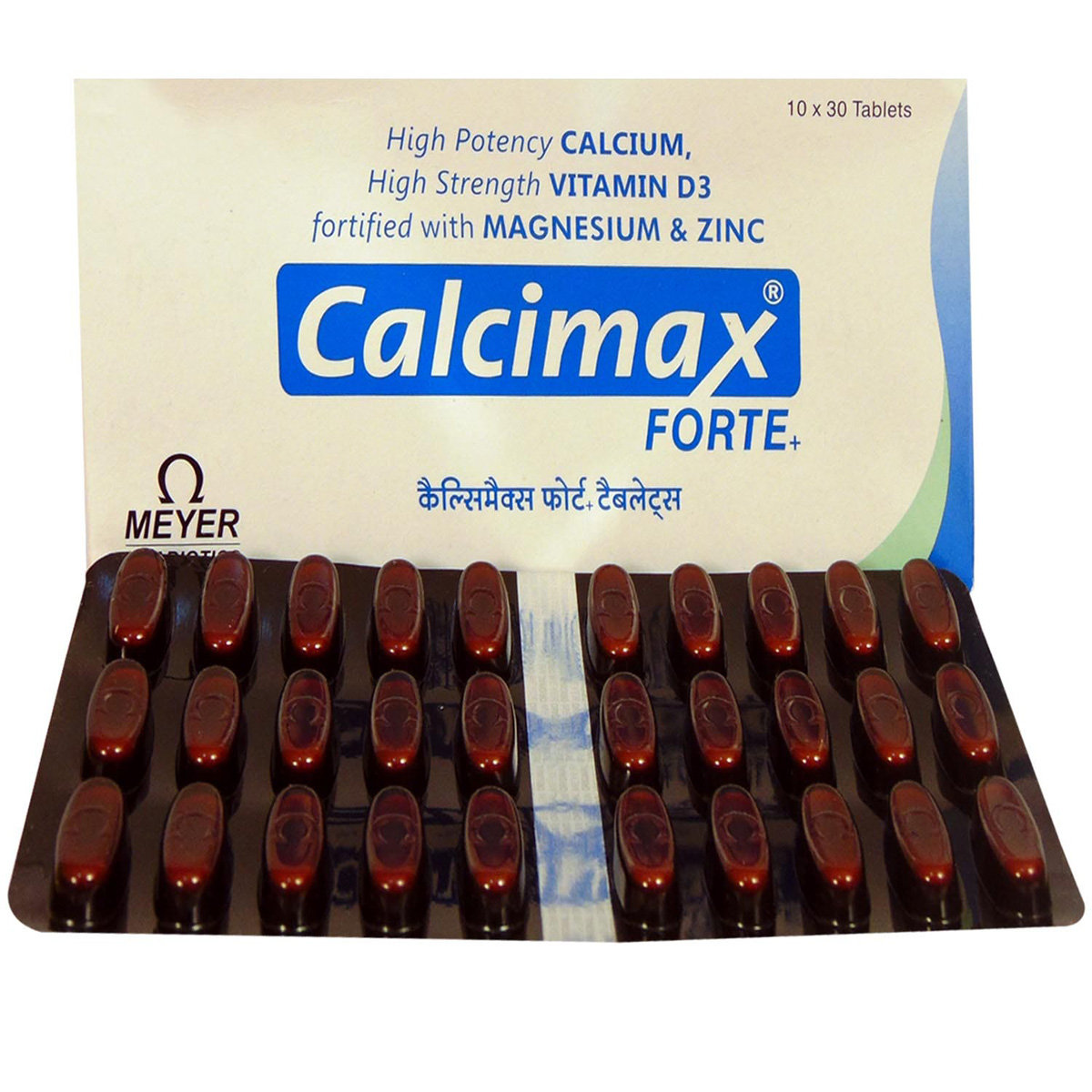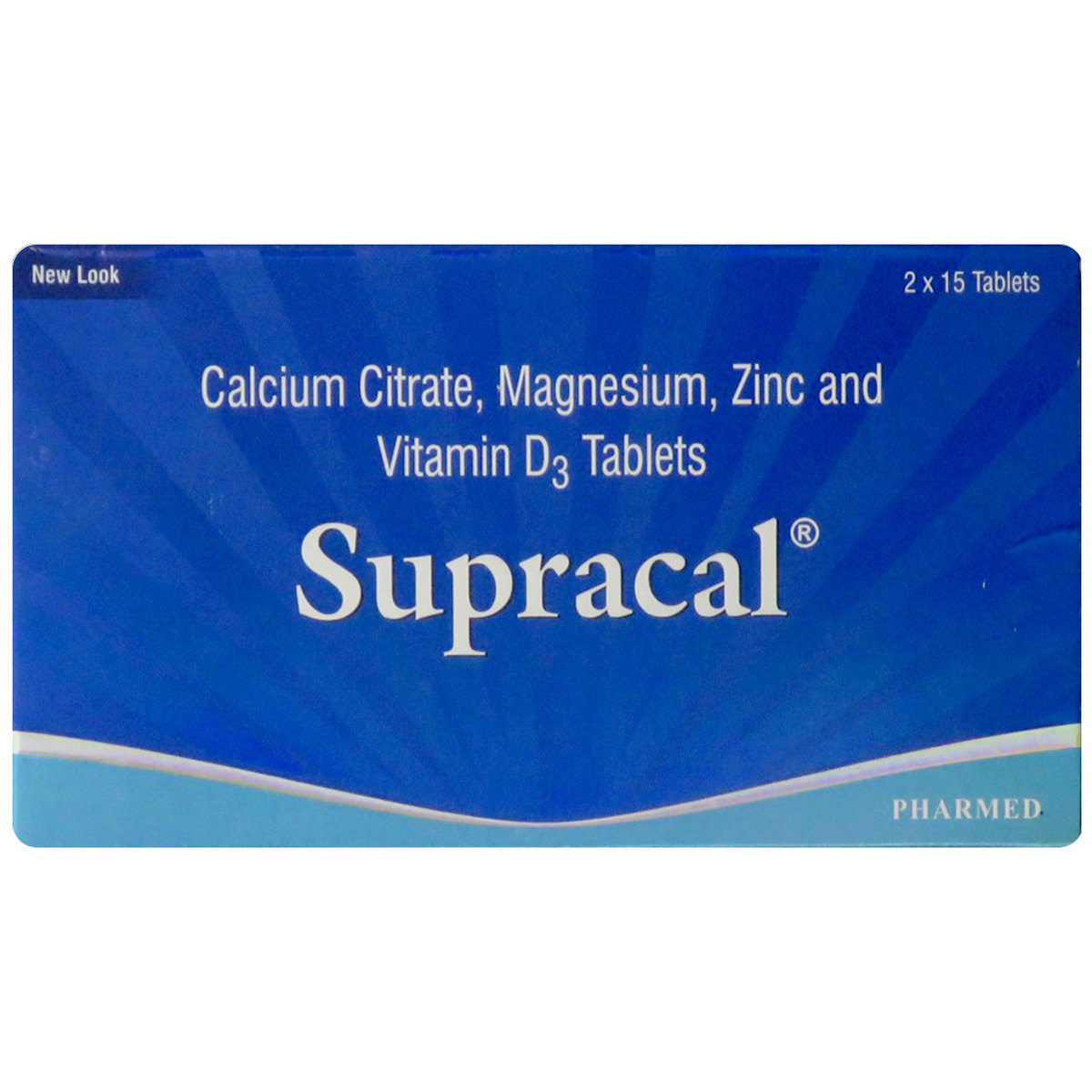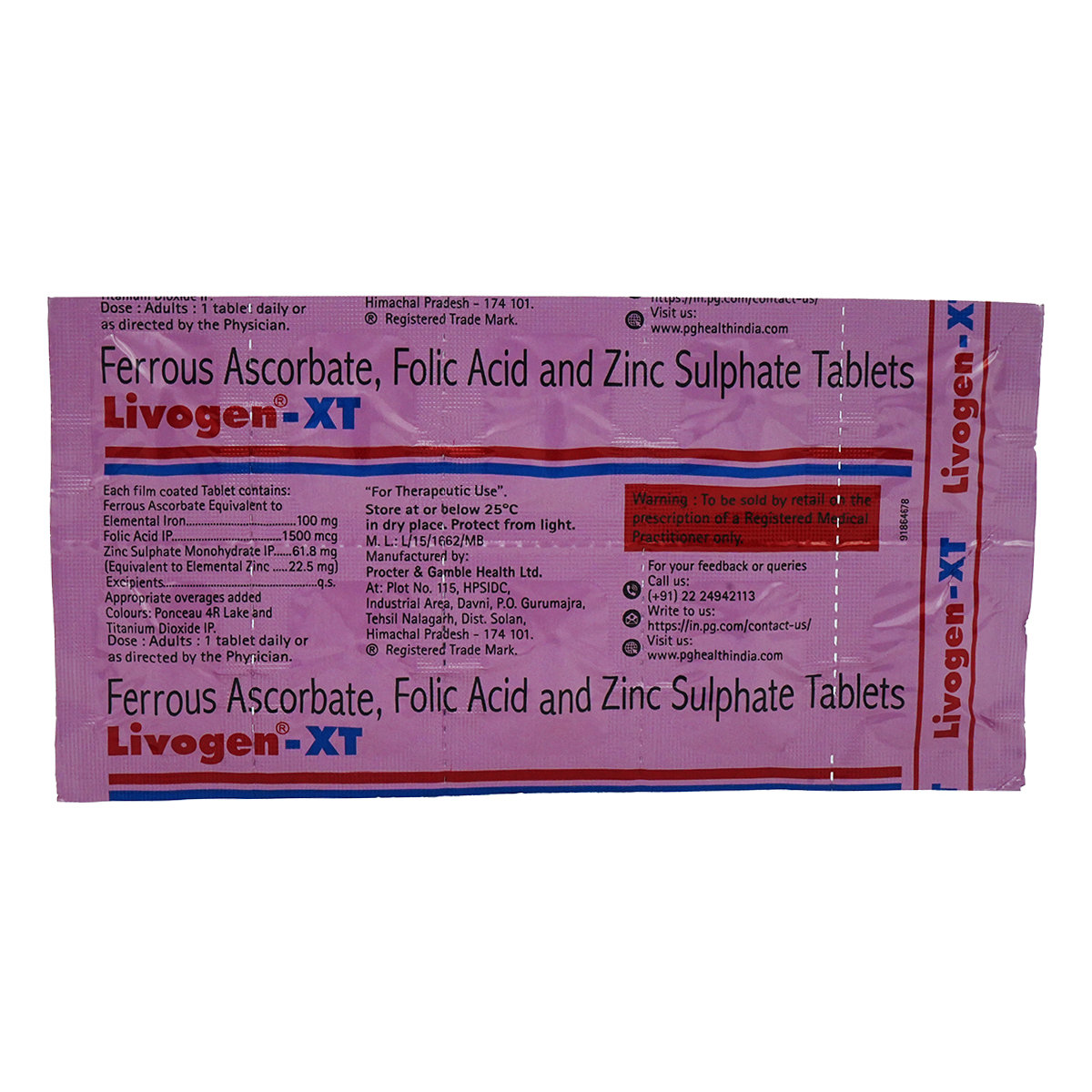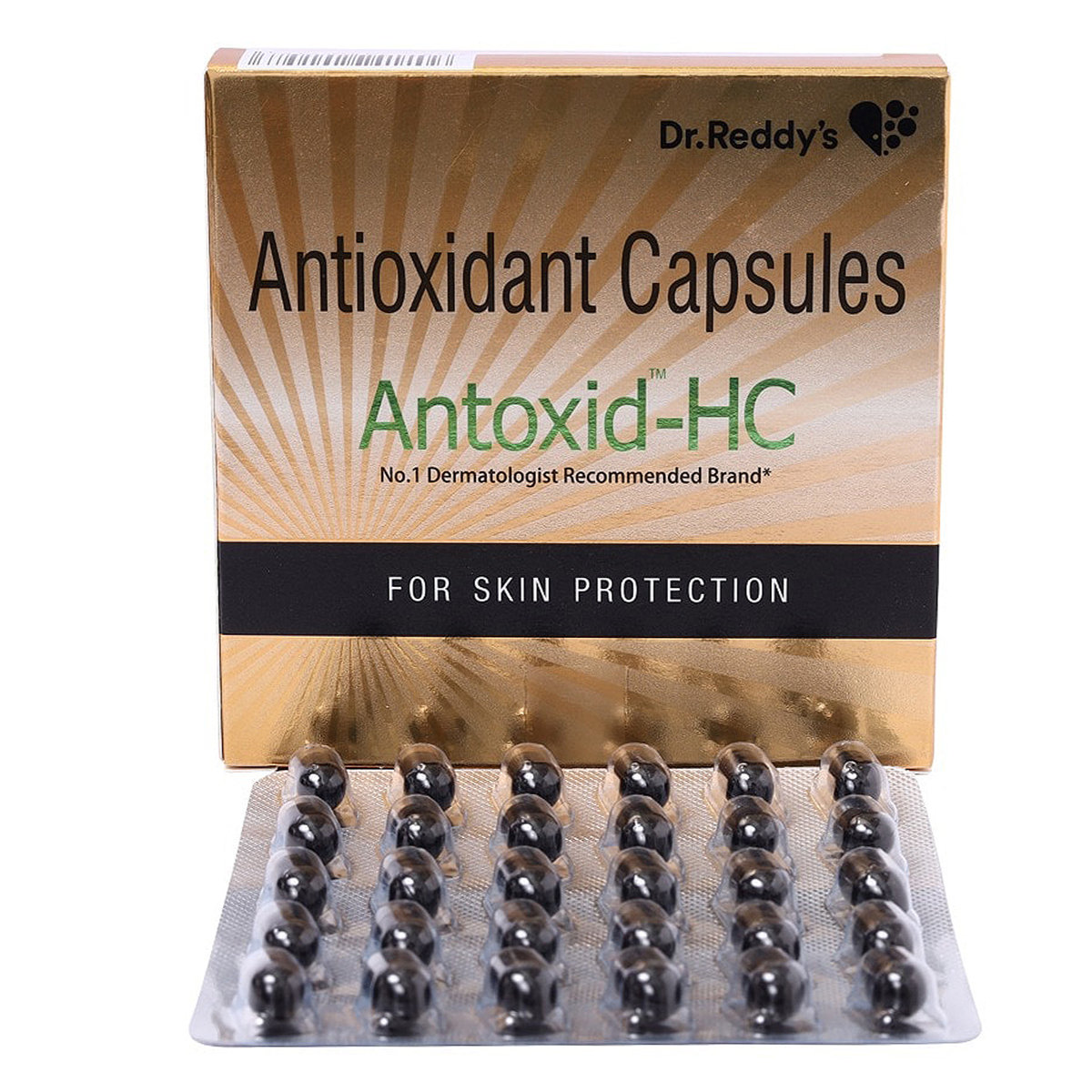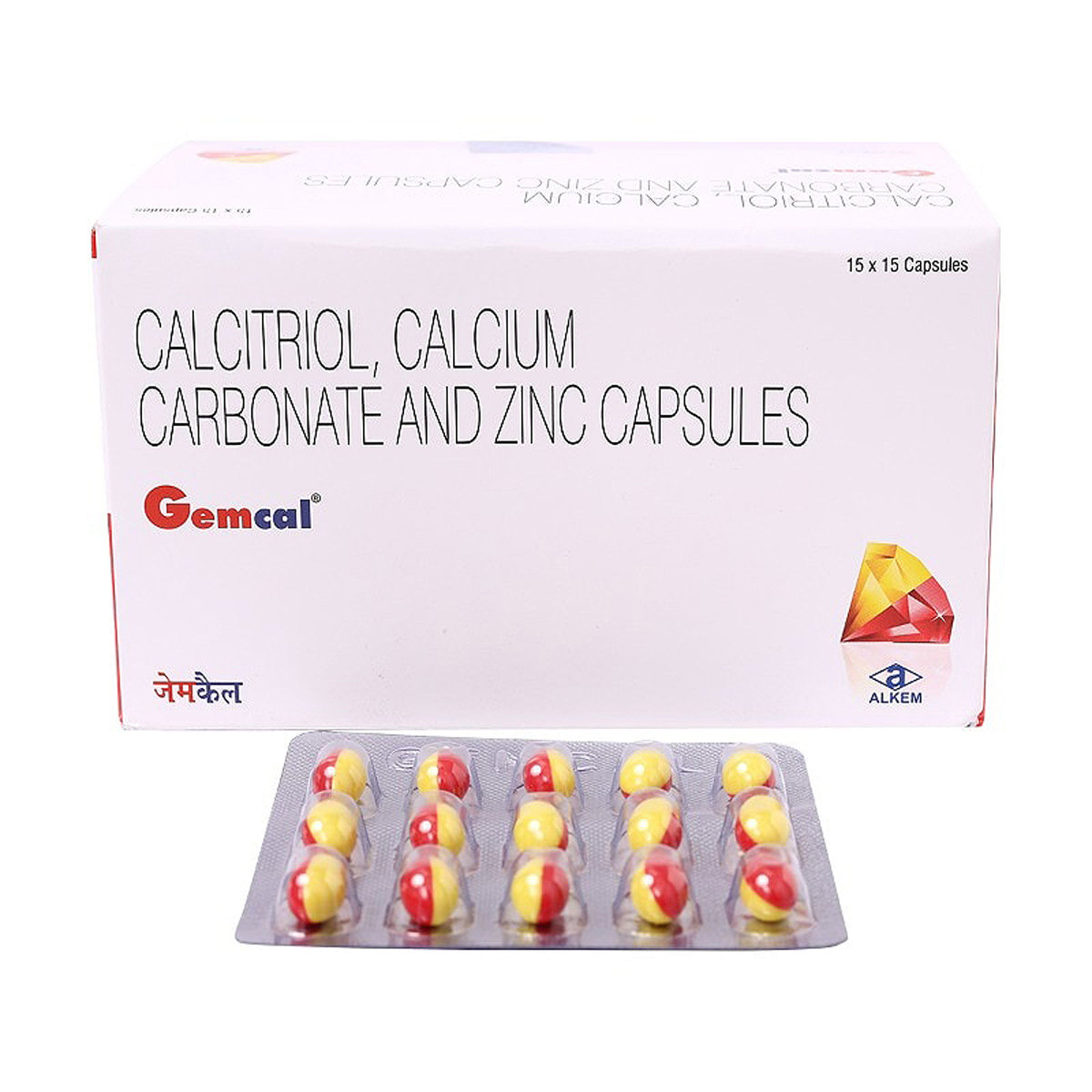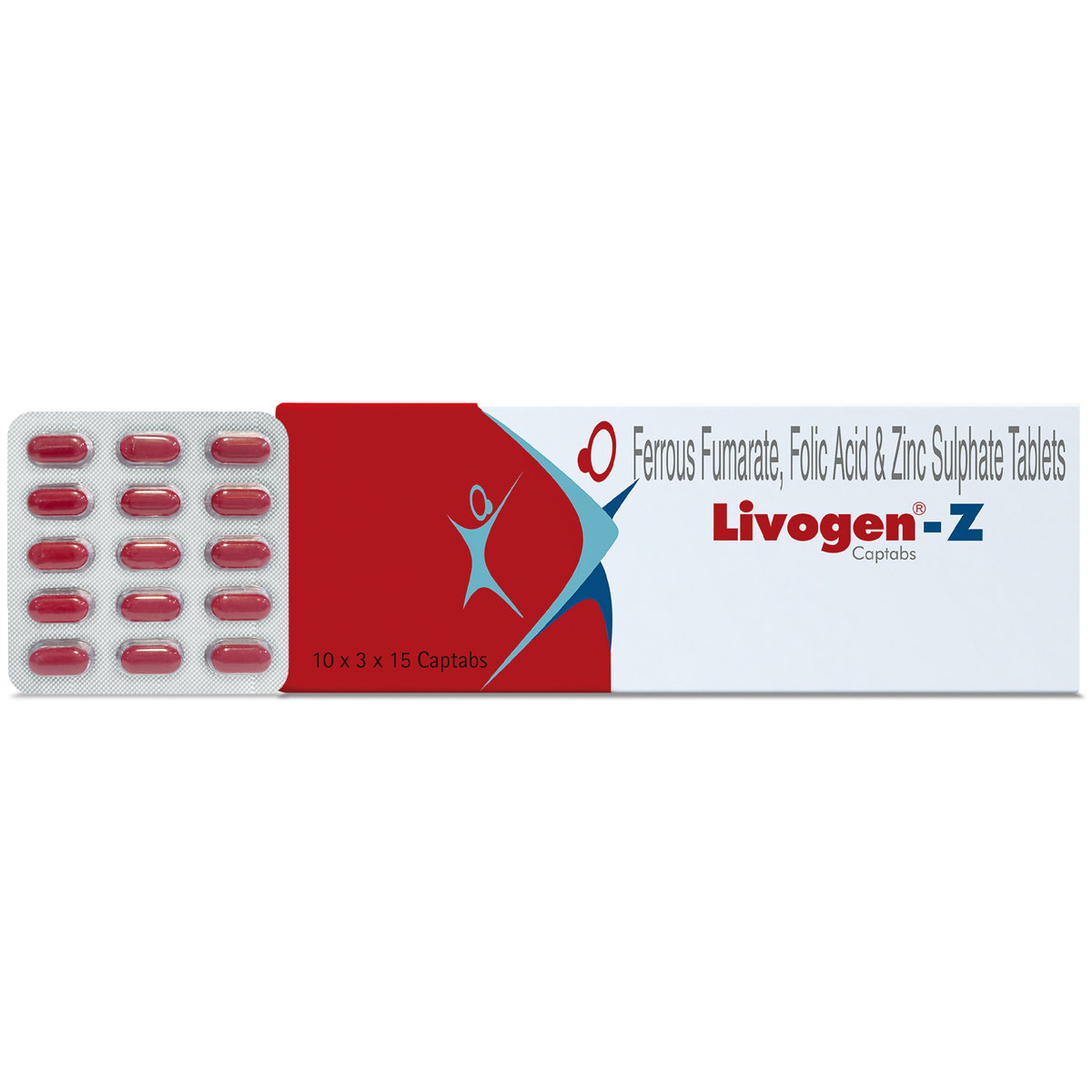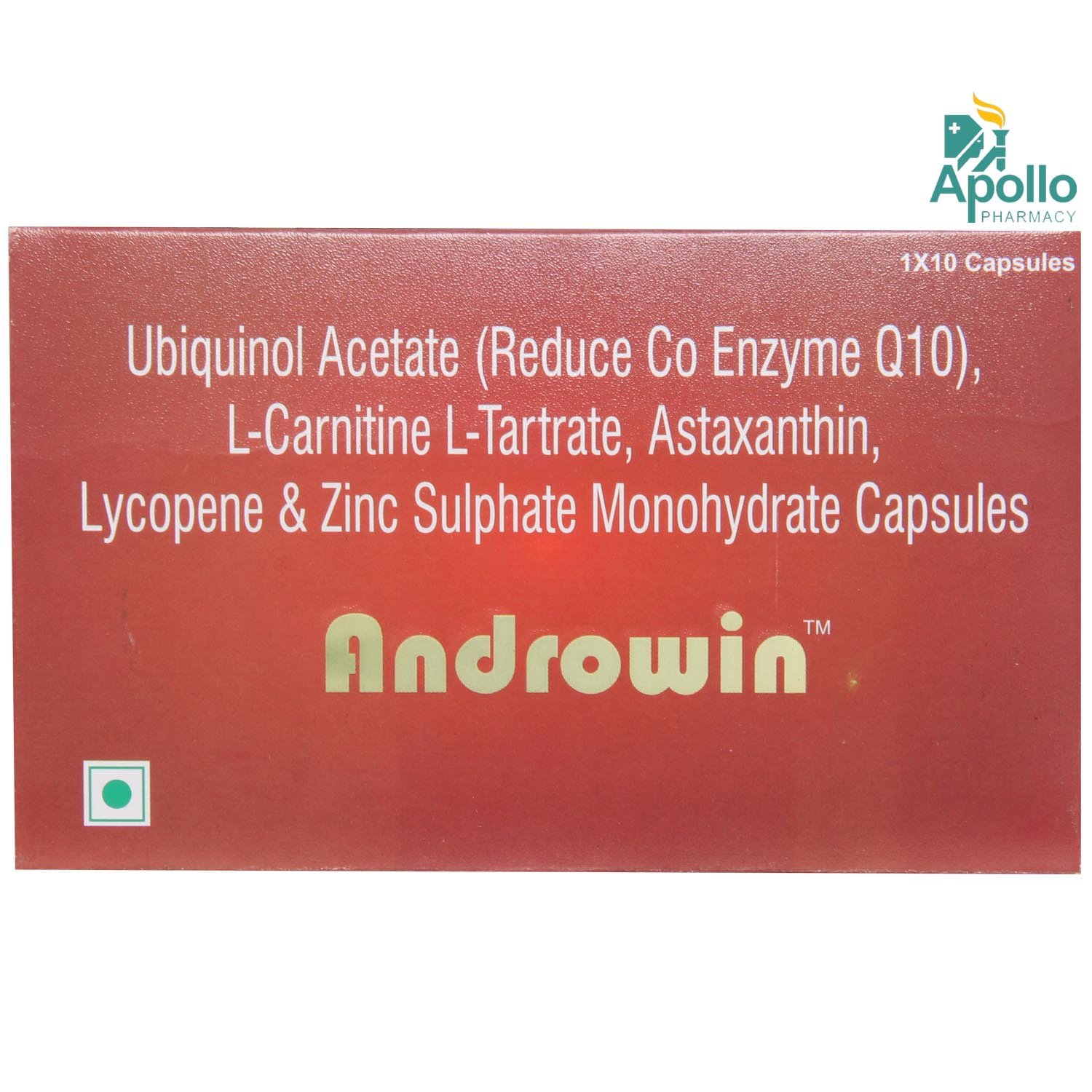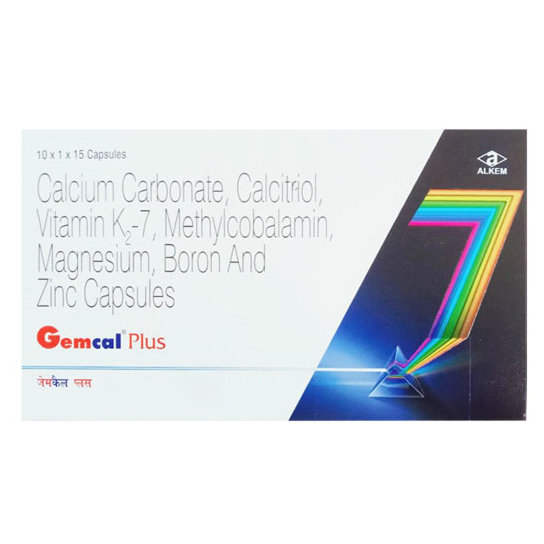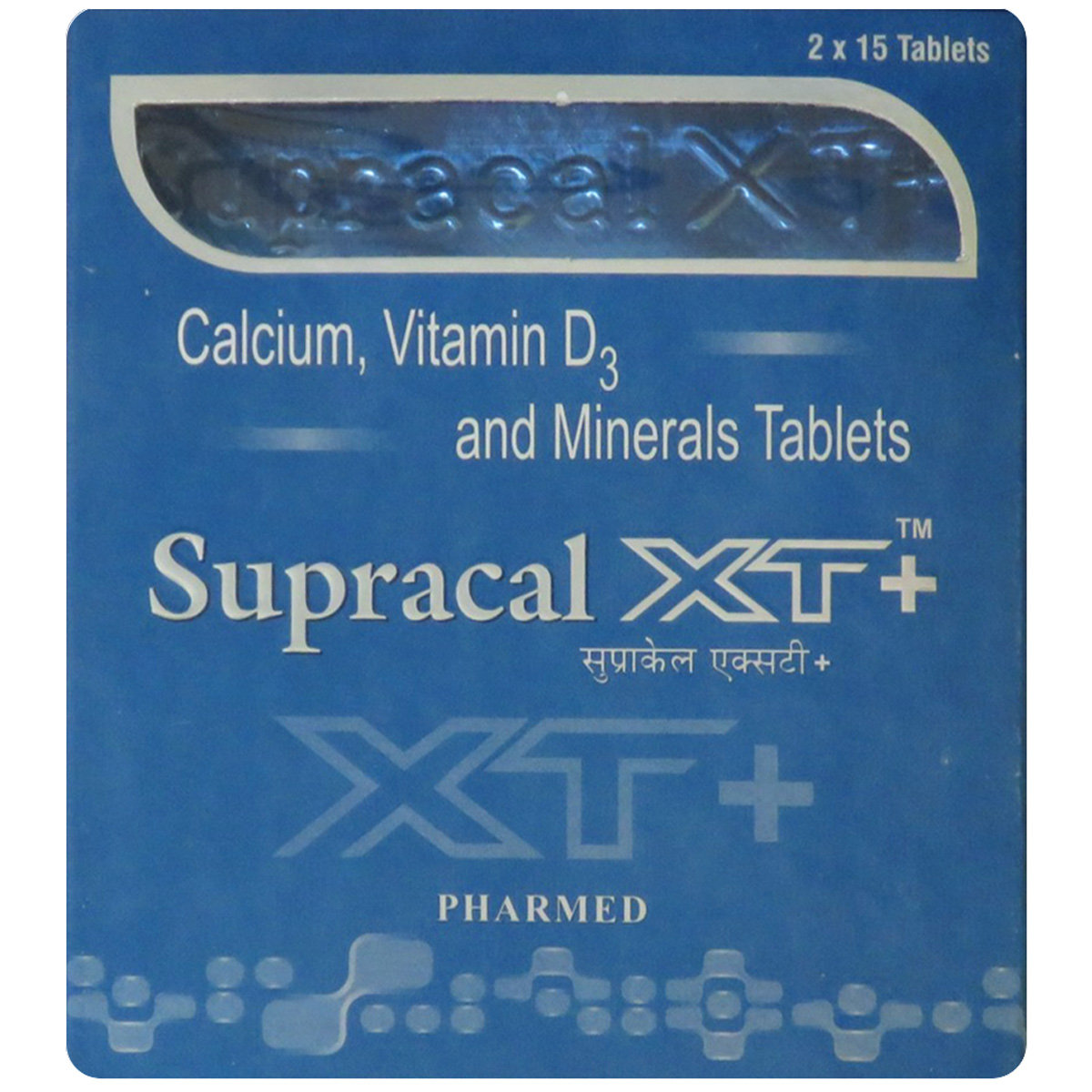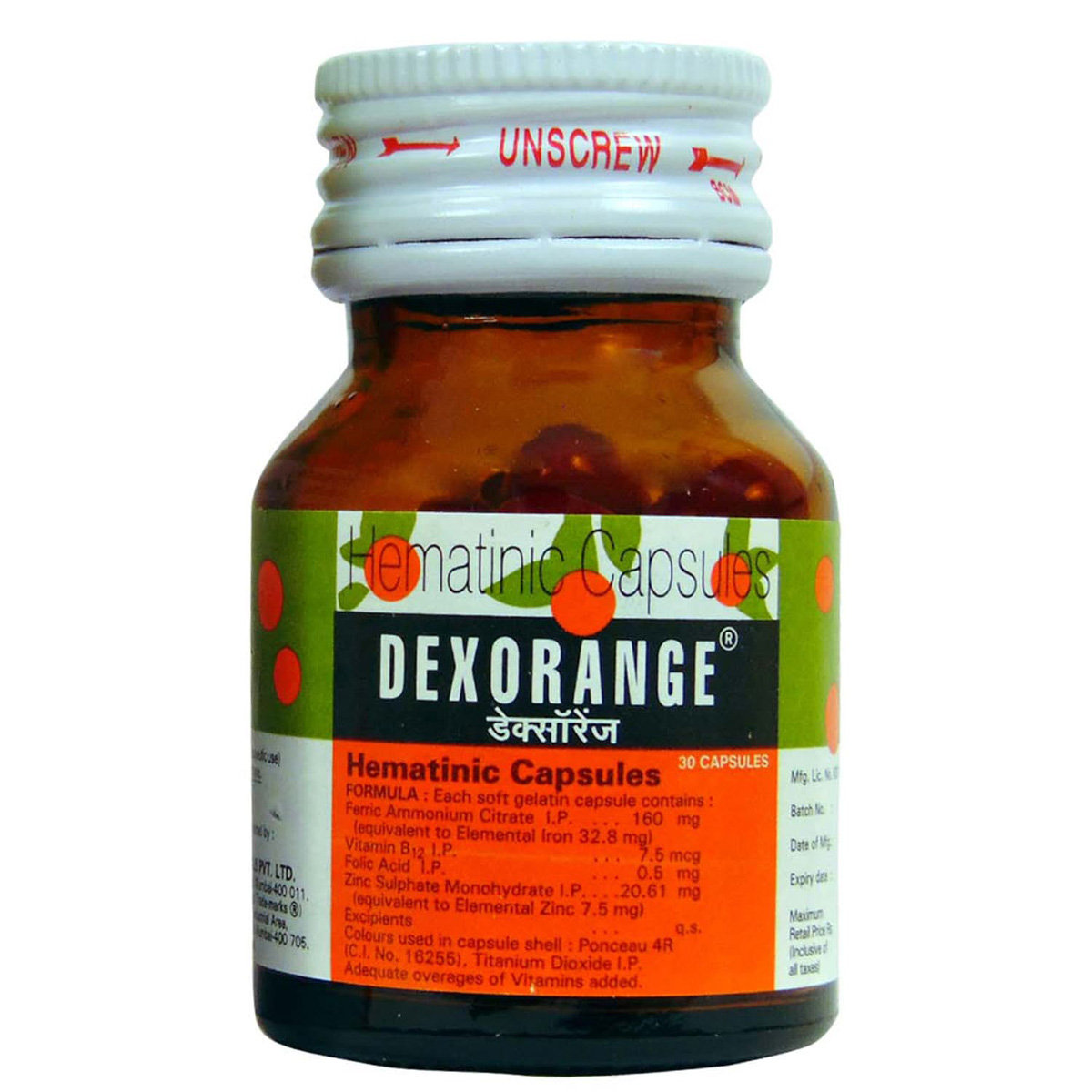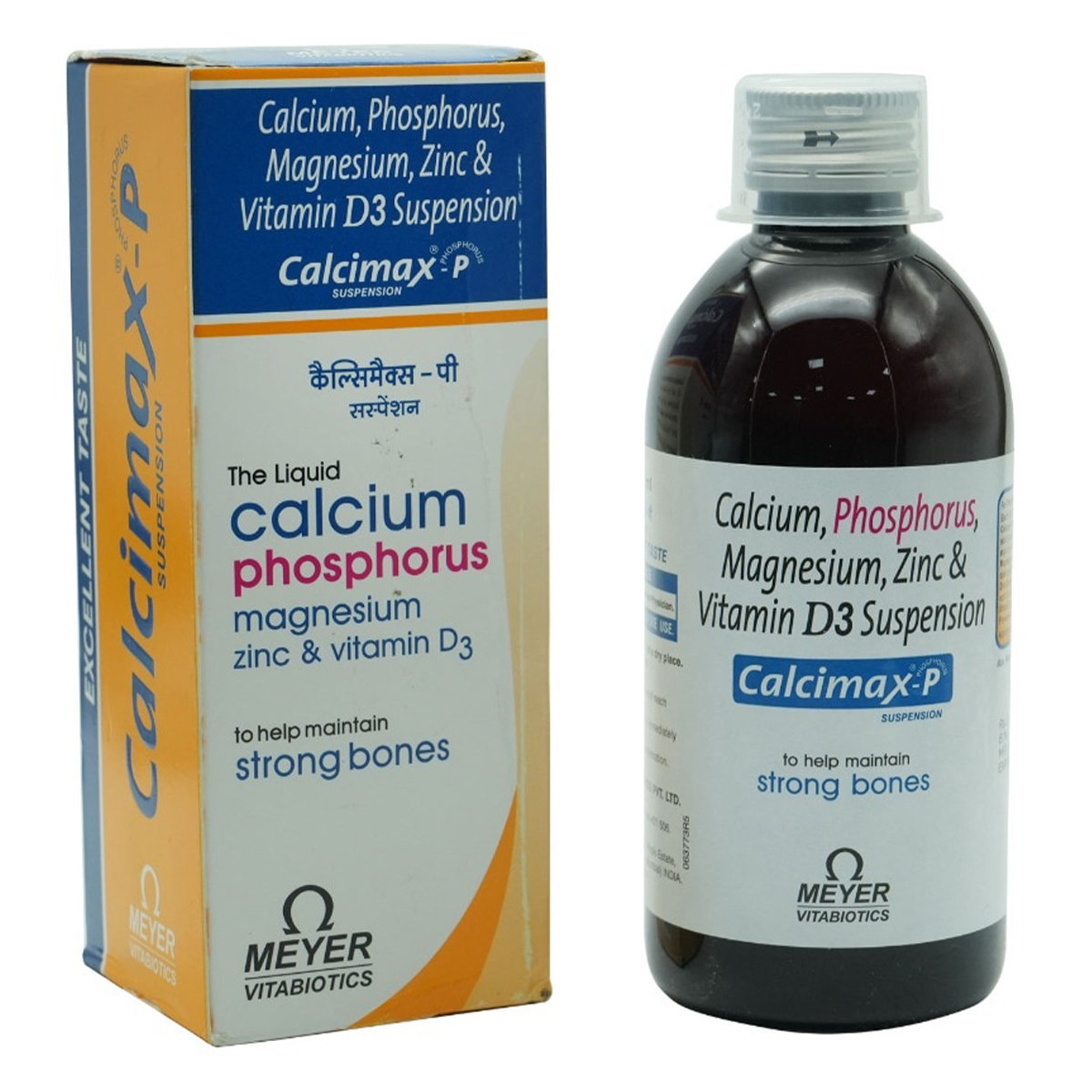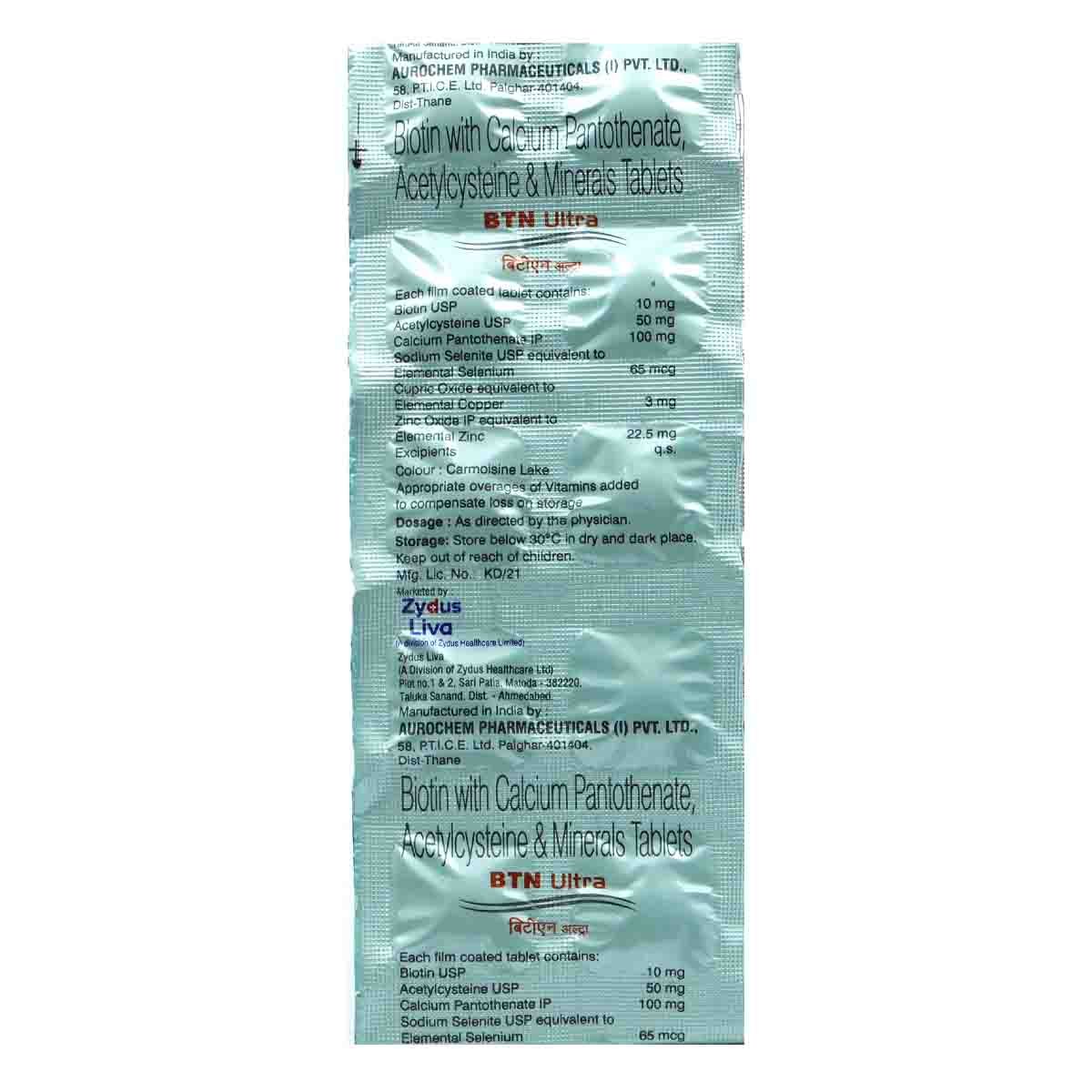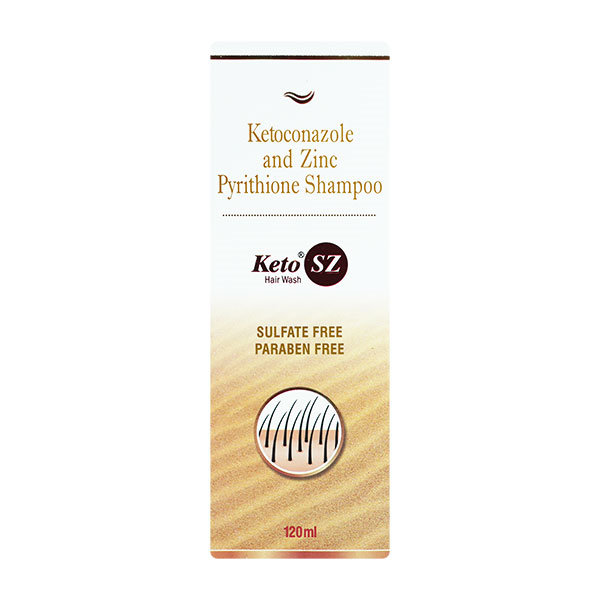Zinc
About Zinc
Zinc belongs to the group of medicines called mineral supplements used to treat and prevent zinc deficiency. A mineral deficiency occurs when the body fails to absorb or obtain sufficient minerals from food.
Zinc contains ‘zinc’, an essential trace element involved in various body enzyme functions. Zinc helps strengthen the immune system and relieves flu and cold symptoms. It also helps in the growth and maintenance of good health.
In some cases, you may experience side effects such as regurgitation, nausea, vomiting, diarrhoea, stomach pain, and indigestion. Talk to your doctor if you experience these side effects persistently.
Let your doctor know if you are using any other medicines or herbal products before starting Zinc. If you are allergic to any of the components in Zinc, please inform your doctor. Consult your doctor if you are pregnant or breastfeeding.
Uses of Zinc
• Enhancing Immune Function: Zinc is vital for maintaining a healthy immune system by supporting the development and function of immune cells, making it essential for preventing infections.
• Promoting Wound Healing: Zinc plays a key role in collagen production and inflammation control, aiding the healing process for surgical wounds, pressure ulcers, and other injuries.
• Supporting Growth and Development: Zinc is crucial for proper physical development. It aids in protein synthesis and overall growth.
Medicinal Benefits
- Zinc is a mineral supplement used to treat and prevent zinc deficiency.
- It provides zinc, an essential trace element that supports numerous biological processes and overall well-being.
- It strengthens the immune system, helping the body fight infections and relieve cold and flu symptoms.
- It supports the formation of proteins and DNA, which are essential for cell repair, tissue growth, and regeneration.
- It helps repair damaged tissues and accelerates the healing process.
- It plays a vital role in physical growth, enzyme activity, and the maintenance of healthy body functions.
- It contributes to metabolic balance, skin health, and normal physiological functions.
Directions for Use
- Zinc can be taken 1 hour before a meal, 2 hours after a meal, or as advised by your doctor.
- Follow your doctor's instructions on the dosage and timing of this medication.
- Tablet/Capsule: Swallow the tablet/capsule whole with a glass of water. Do not crush, break, or chew it.
- Dispersible Tablet: Disperse the tablet in a sufficient amount of water and swallow the contents. Do not swallow it as a whole or chew it.
Storage
Side Effects of Zinc
- Regurgitation
- Nausea
- Vomiting
- Diarrhoea
- Stomach pain
- Indigestion
Medicines Containing this Salt
View AllDrug Warnings
- Do not take Zinc if you are allergic to any of its contents or if you have a copper deficiency.
- Inform your doctor if you have kidney disease.
- Consult a doctor if you are pregnant or breastfeeding.
- Zinc should be given to children only if advised by a doctor; the dose may vary depending on the child’s weight.
- Avoid or limit consumption of alcohol, as it might affect the absorption of Zinc.
- Inform your doctor if you are taking any other medications or herbal products before starting Zinc.
Drug Interactions
Drug-Drug Interactions: Inform the doctor if you are taking antibiotics (oxytetracycline, doxycycline, ciprofloxacin, levofloxacin, moxifloxacin, norfloxacin, ofloxacin, ethambutol), supplements (calcium, iron), heavy metal antagonists (penicillamine), antidotes (trientine), or antiepileptics (sodium valproate).
Drug-Food Interactions: No interactions found/established.
Drug-Disease Interactions: Inform your doctor if you have kidney disease.
Drug-Drug Interactions Checker List:
Safety Advice

Alcohol
cautionAvoid or limit consumption of alcohol as it might affect the absorption of Zinc.

Pregnancy
cautionPlease consult a doctor if you are pregnant. Your doctor will recommend only if the benefits outweigh the risks.

Breast Feeding
cautionPlease consult a doctor if you are breastfeeding. Your doctor will decide if Zinc can be taken by breastfeeding mothers or not.

Driving
safeZinc is unlikely to affect your ability to drive. However, drive or operate machinery only if you are alert.

Liver
consult your doctorLimited data is available. Please consult your doctor if you have a liver impairment or any concerns before taking Zinc.

Kidney
consult your doctorTalk to your doctor before taking Zinc if you have kidney impairment.

Children
cautionZinc should be given to children only if advised by a doctor; the dose may vary depending on the child’s weight.
Habit Forming
Diet & Lifestyle Advise
- Follow a well-balanced diet.
- Include foods such as beans, whole grains, nuts, and dairy products.
- Exercising regularly helps improve overall health.
- Rest well, and get plenty of sleep.
- Avoid smoking and alcohol consumption.
- Meditation and yoga can help lower stress.
- Avoid processed and fried food.
Patients Concern
Disease/Condition Glossary
Mineral deficiencies: A mineral deficiency occurs when the body does not absorb or get enough minerals from food. Minerals are necessary for body development and the prevention of diseases. Mineral deficiency can lead to many health problems, like a weakened immune system, weak bones, and fatigue. The human body requires different minerals for bodily functions and proper growth. Mineral deficiency could occur due to a lack of minerals in the diet, an increased need for minerals, or difficulty absorbing minerals from food. Zinc deficiency may cause loss of appetite, altered sense of smell or taste, decreased immune function, and a slowed growth rate.
FAQs
Zinc belongs to the group of medicines called mineral supplements used to treat and prevent zinc deficiency.
Zinc is an essential trace element involved in various body enzyme functions. Zinc helps strengthen the immune system and relieves flu and cold symptoms. It also aids in protein synthesis, immune system function, wound healing, DNA synthesis, and the growth and maintenance of health.
Consult your doctor before taking Zinc with antibiotics. It is recommended to maintain a 3-hour gap between Zinc and antibiotic medications, as Zinc may interfere with their absorption.
Zinc is less likely to cause diarrhoea as it helps fight against bacteria that cause diarrhoea. However, if you experience diarrhoea, eat non-spicy food and drink plenty of fluids. Consult your doctor if you have severe diarrhoea or if you find blood in your stools.
Zinc might cause reduced copper levels, leading to copper deficiency. Inform your doctor if you are suffering from copper deficiency or if you are taking copper supplements.
Zinc may cause side effects such as regurgitation, nausea, vomiting, diarrhoea, stomach pain, and indigestion. Most of these side effects do not require medical attention and will resolve gradually over time. However, you are advised to talk to your doctor if you experience these side effects persistently.
Taking Zinc may complement the treatment for high blood pressure, as it helps increase blood flow. However, it is advisable to consult a doctor before taking Zinc if you have high blood pressure or are taking blood pressure-lowering medications.
Zinc may help increase sperm volume, motility and morphology. It might also help improve sperm count.
It is probably safe to take Zinc with other medicines. However, it is advisable to consult a doctor before taking other medications with Zinc to prevent any potential interactions.
Zinc should be taken for as long as it has been advised by the doctor. The doctor will determine the duration of the treatment based on your condition.
Yes, Zinc is good for skin and hair health. It promotes skin healing, healthy skin, and lessens the effects of ageing and sunburn. Zinc enhances hair health by supporting hair growth and preventing hair loss.
It is not known whether Zinc helps increase height or weight. Please talk to the doctor if you have any concerns regarding this.

